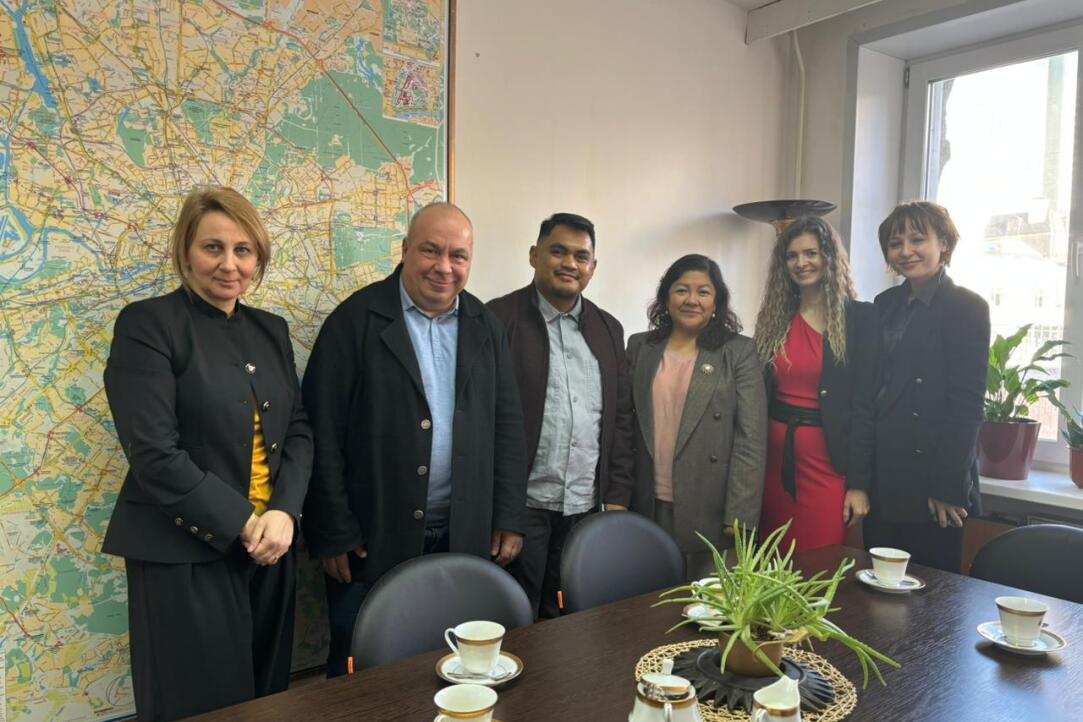Our research and study group aims to conduct fundamental and practice-oriented research in the field of cybersecurity in East and Southeast Asian countries, as well as the partnerships and cooperation institutions they choose to elaborate collective solutions to security issues.
In the countries and regions, we study (China (including Taiwan, Hong Kong and Macao), Japan, Republic of Korea, Singapore, Indonesia, Thailand, Vietnam and many others), in terms of the development of the national segment of the Internet and cybersecurity, there are practices that may be relevant for analysis in the light of the formation of Russian cybersecurity strategy, which is becoming indispensable in conditions of an actively changing political situation.
Today, in East and Southeast Asia, those countries that are focused on creating an 'Asian NATO', the traditional actors of the U.S.-centric military-political circuit of the Asia-Pacific region, tend not only to strengthen cooperation between themselves, but also try to involve the ASEAN countries in their orbit. At the same time, more and more ASEAN member states are considering partnership with BRICS. At the same time, there is an alternative format of cooperation in the format of ASEAN+3, which involves irreconcilable opponents: China, Republic of Korea and Japan. Three of these institutions, ASEAN, NATO, and BRICS, whose expansion process we have designated with 'pluses' in the name of our RSG, compete in East and Southeast Asia.
Therefore, to develop a domestic cybersecurity strategy and strengthen Russian partnership with the countries of East and Southeast Asia to be successfully solved, it is necessary to have a comprehensive understanding of cybersecurity strategies and approaches in the countries of East and Southeast Asia, both at the national and at the regional levels, within the framework of various BRICS+, ASEAN+, and NATO+ institutions. Our group is working on creating such a research basis.
The Specifics of Our Research
- Applied work: focusing on both scientific results and products that may be of interest to a number of Russian stakeholders from business, industry, think tanks, ministries and departments.
- International in nature: the opportunity to unite representatives of East Asian and South-East Asian countries around the HSE. Our group is one of the initiatives towards the integration of Asian countries through BRICS and other forms of Russian participation.
- Interdisciplinary approach: we have specialists in computer science, economics, sociology, political science, including international relations, and foreign regional studies. And we combine the research methods of these fields of science.
News

.png)
